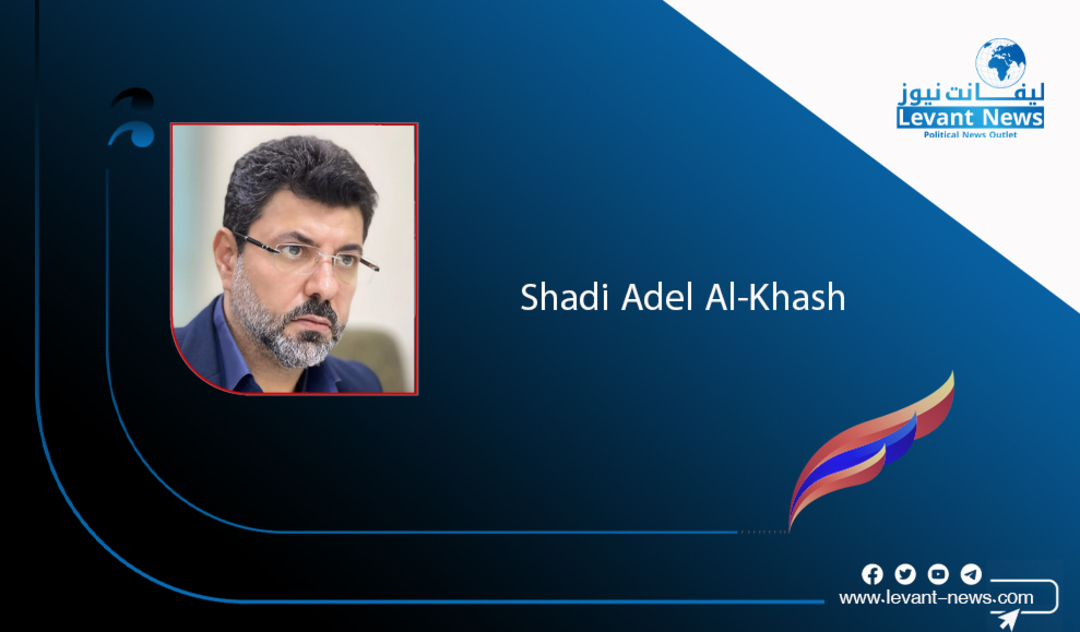-
A Syrian Citizen Asks Ahmad Sharae

Mr. Ahmad Sharae, I watched your recent interview in its entirety. You said that things are progressing smoothly, that we are witnessing an economy recovering, borders calming, "balanced" relations, and a path toward justice. Allow me to ask directly—as a Syrian citizen entitled to inquire—under what mandate are you speaking on behalf of all Syrians, and where is the evidence that people see in their homes, streets, borders, and courts?
You stated that investment is the solution and that the country no longer wants to live on aid. You mentioned "hundreds," even "thousands" of production lines, and a "Development Fund" to heal the wounds of reality.
A simple question: where are the lists? Who are the companies? What is their capital size? How many jobs have truly been created, and where? Who manages the fund? Where are its contracts, reports, and audits? Why aren’t these data published monthly for the people if they are supposed to be achievements to be proud of?
And if investment is as effective as you claim, why do electricity hours remain limited, water is intermittent, schools are under pressure, and the health sector suffers? Is investment just a slogan, or are there numbers that can be held accountable?
You said there is a "security agreement" that revives the spirit of 1974 and guarantees calm in the south, and that Syria "will not be a launchpad for attacking Israel."
My question: where is the draft of this agreement? Where is its technical annex, including maps of demarcation zones, weapon restrictions, immediate warning channels, verification mechanisms, and the timetable for the redeployment of UNDOF forces?
How can you ask people to trust the "calm" when airstrikes continue and recur? Is this peace on the screen or a binding commitment on the ground that truly reduces the danger?
And if the skies are managed from outside Damascus, what remains of sovereignty to negotiate, and by what metrics will we know that the calm is not just a ceasefire from one side?
You said we "opened a new page" with Moscow, and that the relationship is managed "with prudence." Does this new page include a public acknowledgment of roles and mistakes documented by UN and human rights reports over the past years? Is there a clear path toward justice or compensation for victims? Is there a surrender of wanted individuals protected by them, including Bashar Assad?
Or is it a barter of influence for recognition, with rules and privileges confirmed under new names and languages?
What fundamentally changed in the balance of power, and what are the texts of these understandings that Syrians are entitled to see? Why are the most critical issues of sovereignty being managed in closed rooms and presented to them as general titles?
Regarding justice specifically, you said there are "committees" and that what happened in the coast, the northwest, and Sweida were "collective mistakes."
Who ordered it? Who executed it? What is the chain of command? Where are the disclosed investigations with names? Where are the referrals to independent civilian courts? Where is the apology, reparation, and guarantees of non-repetition?
Is trust built with vague words or with tangible steps that heal wounds and restore rights?
How do you convince victims and their families that "justice is coming" if all they have to date are descriptions and reassurances without concrete evidence of execution?
You said the agreement with "QSD" is proceeding but "slowly" and with a deadline at the end of the year. What exactly has been agreed upon? Who will oversee local security? Where will revenues go? Who appoints judges? What is the status of local governance, administration, and services? What are the Turkish and American guarantees?
Why isn’t a public implementation document signed by all parties, with a timetable and metrics of success or failure?
And how can we ask people to trust when there is no single document telling them what will change in their village, neighborhood, or court?
On the very day of the interview, you met with the US Central Command commander. Is this an security channel concerning ISIS and detainees, or a political acknowledgment presented to the public as a "rapid improvement in relations"?
What is the dividing line between practical security cooperation and using this coordination as an alternative to internal legitimacy?
If the message is "we are open to the world," why isn’t the primary message "we are open to our society"? A message based on transparency in the economy, justice and accountability for crimes, and freedoms protected by law, not just promises?
You say, "We will not give up a grain of soil." What does this phrase mean if the ceiling of negotiations is set by actors at borders and in the skies? Is giving up tools of sovereignty—defense, decision-making, transparency—less dangerous than surrendering the land?
By what right do you sign long-term agreements affecting the country’s future without an elected parliament, independent oversight, or an announced social contract?
Shady Adel Al-Khash
You May Also Like
Popular Posts
Caricature
opinion
Report
ads
Newsletter
Subscribe to our mailing list to get the new updates!





















